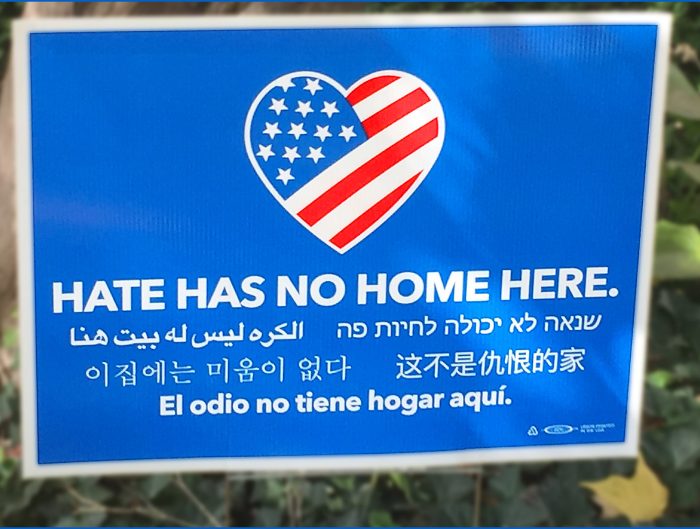This open letter is a response to How We’re Building a 21st-Century Space Force, by John W. Raymond, the First chief of space operations for the United States Space Force, published in the Atlantic on December 20, 2020. (Building a 21st-Century Space Force – The Atlantic.)
What Will the Space Force Do to Address the Threats Everyday Americans Face?
If we didn’t already spend nearly $1 trillion on defense; if defense spending could protect us from that which truly threatens us; if there were no better uses for this time and money; and if I could get past the absurdity of a military branch whose name, slogan, and logo appear to have been stolen from a comic book series, a TV show, and a defunct brand of automobile, then I might cheer on John W. Raymond in his quest to be a Guardian of the Galaxy, a “visionary” whose goal is “keeping Americans safe.” But as I write this response to Mr. Raymond’s How We’re Building a 21st-Century Space Force, over 300,000 of my fellow Americans are too dead to appreciate this vainglorious new venture—dead from a virus from which neither our “intercontinental ballistic missiles and reconnaissance satellites” nor our “more than 20,000 Defense Department employees” at the Pentagon have been able to keep us safe. At the same time, we are learning that, despite spending billions on cybersecurity—much of it in ways that have eroded our civil liberties, as Edward Snowden and others have revealed—a Russian cyberespionage campaign has successfully attacked “a dizzying number of government and private organizations: the State, Commerce, Treasury, Homeland Security, and Energy departments,” among many others. So forgive me if I’m not celebrating the occasion of even more defense spending, though I do appreciate that Mr. Raymond, the first chief of space operations of The Space Force, goes to great lengths to justify its creation by highlighting how “lean, agile, and focused” it is (lean appears five times, in case we didn’t get the point the first time). It as though he expects us to believe that making the ridiculous and superfluous cost-effective were its own justification.
In the wake of the attacks of 9/11, we were told that Americans must be protected at all costs, literal and figurative. And in the years since, we have spent trillions on wars, not against a defined enemy but against a noun: terror. We have learned to accept the absurd, the meaningless, the despicable: “enhanced interrogation” and “extraordinary rendition” and borderless drone warfare. We have learned to accept failed nation-building in Iraq and Afghanistan and disinvestment at home. We have learned to ignore the extent to which our actions have destabilized key regions of the world, triggering civil war, new forms of terrorism, and more suffering. And all the while we have grown weaker, poorer, sicker, and less democratic.
What will the Space Force do to address the threats faced by the low-income families my nonprofit serves: climate change, a pandemic, income inequality, gun violence, food insecurity, predatory lending, police brutality, the racial wealth gap, stagnant wages, the opioid crisis, voter suppression, and so on? What can be said of a powerful nation whose coffers are always overflowing, always ready to act at a moment’s notice when it comes to military spending, tax cuts, deregulation, oil and gas subsidies—but which turns miserly and impotent before the poor, the vulnerable, the disenfranchised?
Perhaps if those of us who believe education is more important than defense and mass transit more worthy than missiles were to put on camouflage fatigues and give ourselves a fancy name—The Robin Hoods? The Power Rangers?—we might secure the resources we need to do more than simply claim to keep Americans safe. What if all this time, energy, and money were spent, not on the illusion of security, but rather on building a more just, prosperous, and beautiful democracy? I suppose that’s a dream better left to comic books and video games.




Leave A Reply